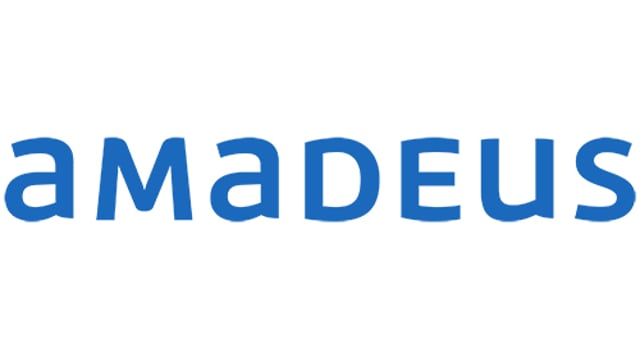Sponsored Content
Executive Insight: Increase RevPAR and Guest Satisfaction with ABS
Offering tailored options serves to minimize friction in the booking process, maximize revenue for the hotel, and deliver great experiences to guests.
How has attribute-based selling evolved in recent years to further enhance revenue and ROI for hotels?
- Attribute-base selling (ABS) has continued to evolve over the past few years. This is because many hotels and travel companies have recognized the simultaneous benefit of providing curated and personalized experiences for travelers while also enhancing the property’s ability to generate revenue by using its unique attributes.
- Rather than bombarding customers with countless room types, creating smart filters helps hoteliers to customize the options for the guest, so that the property meets (and if possible, exceeds) their expectations and everything runs smoothly and efficiently.
- Offering a range of room options, as well as more photography and better descriptions, provides upsell opportunities for users already set on booking, but also offers a hook to convert ‘lookers’ into ‘bookers’. What’s more, by using a loyalty program integration, a hotelier has the power to recognize previous guests and turn first-timers into loyal customers.
- Hoteliers can also use ABS to enhance their direct sales channels, including through their own websites or through mobile apps, which can significantly increase their reach.
How is hotel technology evolving to meet new guest expectations and preferences?
- Technology is constantly evolving, and hoteliers at the forefront of innovation will be best positioned to capture market share and remain resilient in a competitive hospitality landscape. With guests prioritizing experiences post-pandemic, sustainability options increasingly sought after, and reviews more important than ever, hotels must offer great service from the start of the online booking journey to the moment guests check out of the property.
- Advancements in technology have also redefined customer expectations and today, many guests expect a personalized experience. This trend is fueling the transition to ABS, however it’s not the only way to deliver personalization. Modern booking engines have integrated tools to enhance personalized bookings for guests by creating tailored promotions and packages based on available loyalty profile information. Offering tailored options serves to minimize friction in the booking process, maximize revenue for the hotel, and deliver great experiences to guests.
What are some critical metrics and key performance indicators for hoteliers?
- Occupancy will always be the most fundamental metric for any hotel, enabling effective revenue management as well as correct staff and resource allocation. Average Daily Rate (ADR) and Revenue per Available Room (RevPAR) are also key figures, indicating average room price and giving an overall picture of hotel performance. Through ABS, hotels can increase both RevPAR and guest satisfaction – in turn bolstering loyalty. According to IHG, the average ‘add-on’, as enabled by ABS increases the spend per room by $22 per night, in some cases this number is as high as $41 per night, and guests enjoy a personalized stay that meets all of their needs and preferences. In turn, improving guest connection to the hotel and loyalty, which provides long term value and security.
- Hotels can also go beyond these traditional metrics. With powerful business intelligence solutions, hotels can unlock valuable insights into the travel ecosystem. They can view travel agency hotel bookings through Global Distribution System (GDS) providers and on-the-books forward looking occupancy data from thousands of hotels to make informed decisions about pricing and availability. Hotels can also access flight and short-term rental data which reveals travel trends to enable strategic marketing.
How has lodging technology adapted to empower hospitality employees and yield better rates of retention?
- Following the significant staff challenges experienced during the pandemic, many hotels turned to technology to boost their operations. Some key benefits are automating time-consuming tasks to free up staff for important jobs and high-value guest interactions, streamlining communications, and overhauling room management. This technology-driven approach not only improves operational efficiency but empowers employees, making them better equipped to handle the demands of today's travelers. It also encourages them to stay with the hotel long-term since they feel supported and not left to their own devices or forced to work in a stressful and disconnected environment.
Advertisement - article continues below
Advertisement







